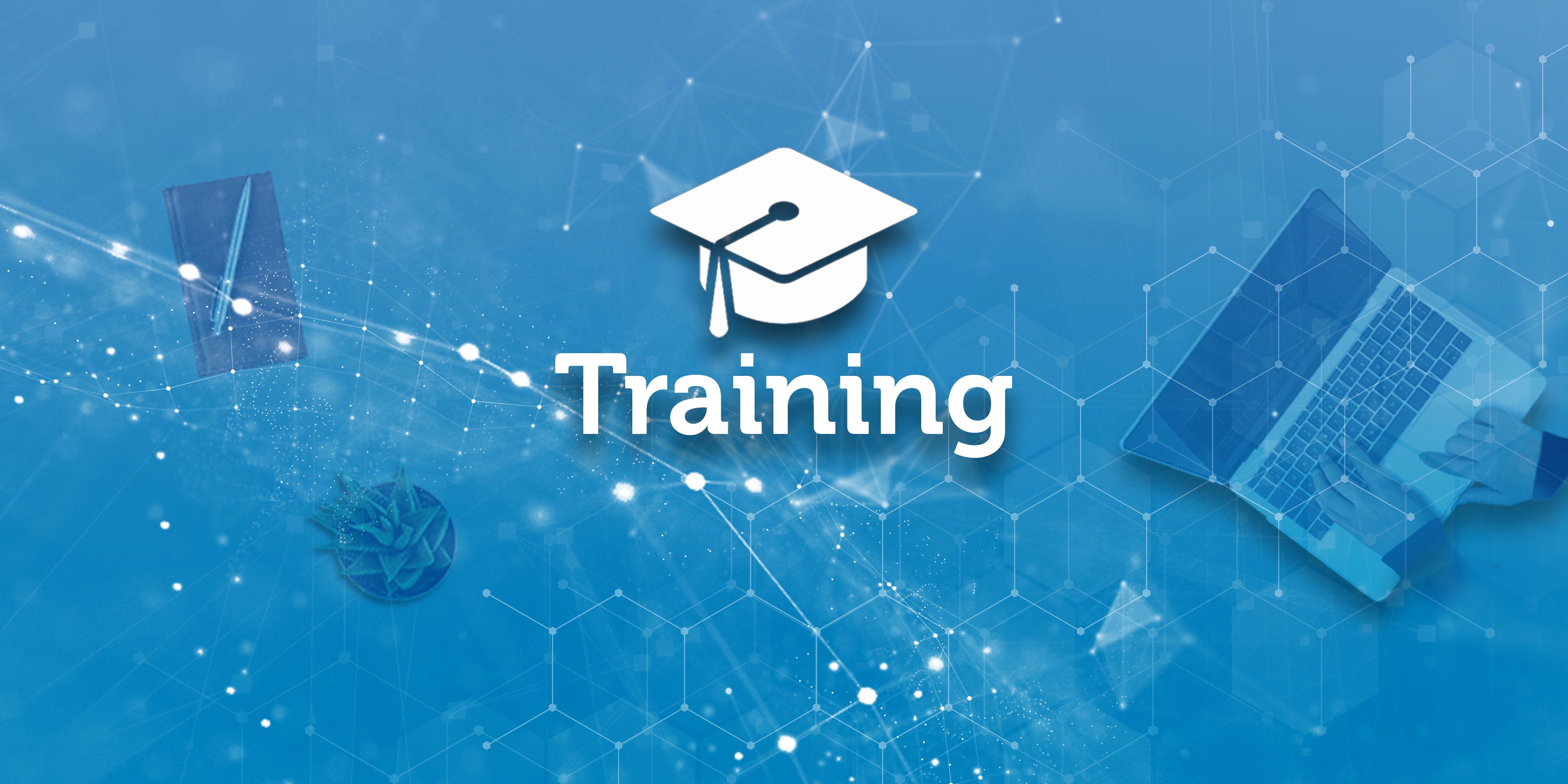
Online: Quantum Computing and Programming in Two Hours
How can qubits be zero and one at the same time, and what is it good for?
Recording on YouTube: https://youtu.be/whoTr3zM3jU
Compared to ordinary computers, quantum computers behave very differently. By exploiting quantum superposition and entanglement, quantum computers have the potential to revolutionise high-performance computing.
Instead of bits, the basic units of quantum computers are quantum bits, qubits. Quantum computers differ from their classical counterparts also when it comes to the basic computational operators. Before they can be utilized, quantum computers require tailor-made programs and algorithms.
In this interactive webinar, we look at the differences between quantum and traditional computing, and computers. We will get some answers to, among others, the following questions:
1. How do quantum computers work?
2. What can quantum computers solve?
3. How are quantum computers programmed?
4. What does Ada Lovelace have to do with all of this?
Questions from the audience will be answered during the webinar. We finish with a hands-on walk-through where participants can program and run a real quantum algorithm.
Prerequisites
Anyone interested is welcome to join! No previous experience with quantum computers is expected. For the hands-on session, we will use the myQLM quantum computer simulator by Atos. If you have a CSC userid, you can access myQLM through the notebooks.csc.fi service.
You can also install myQLM on your own computer. The Jupyter notebook file can downloaded here.
It is also perfectly fine to follow the hands-on session as a demonstration.
Lecturers
Mikael Johansson (CSC) with Jami Rönkkö (IQM)
Questions and comments: mikael.johansson@csc.fi
Language: English
Note: The webinar will also be held in Finnish 12.5: https://ssl.eventilla.com/event/jz2dA
Price: Free
The event will be recorded. By attending the event, you agree with the recording being made available after the event.
The link to the webinar will be sent to registered participants before the event.
Aika
11.5.2021 klo 13:00 - 15:00